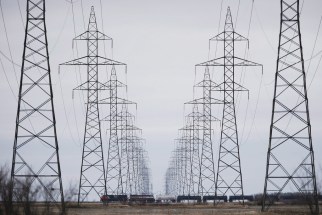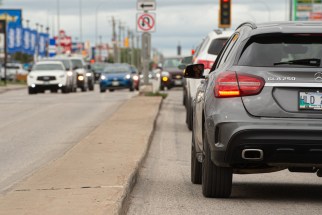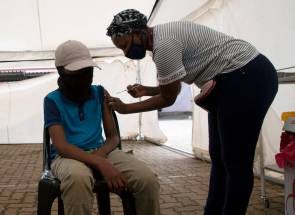Vaccines key to limiting spread of variants
Read this article for free:
or
Already have an account? Log in here »
To continue reading, please subscribe:
Monthly Digital Subscription
$0 for the first 4 weeks*
- Enjoy unlimited reading on winnipegfreepress.com
- Read the E-Edition, our digital replica newspaper
- Access News Break, our award-winning app
- Play interactive puzzles
*No charge for 4 weeks then price increases to the regular rate of $19.00 plus GST every four weeks. Offer available to new and qualified returning subscribers only. Cancel any time.
Monthly Digital Subscription
$4.75/week*
- Enjoy unlimited reading on winnipegfreepress.com
- Read the E-Edition, our digital replica newspaper
- Access News Break, our award-winning app
- Play interactive puzzles
*Billed as $19 plus GST every four weeks. Cancel any time.
To continue reading, please subscribe:
Add Free Press access to your Brandon Sun subscription for only an additional
$1 for the first 4 weeks*
*Your next subscription payment will increase by $1.00 and you will be charged $16.99 plus GST for four weeks. After four weeks, your payment will increase to $23.99 plus GST every four weeks.
Read unlimited articles for free today:
or
Already have an account? Log in here »
Hey there, time traveller!
This article was published 29/11/2021 (1471 days ago), so information in it may no longer be current.
Canada promptly banned airline flights from South Africa and neighbouring countries on Friday as soon as the World Health Organization announced that the newly-identified Omicron variant of the COVID-19 virus was a variant of concern. The United States and United Kingdom did the same, and other countries promptly followed suit.
This was the strategy Canada and others employed in April when the Delta variant was detected, first in India, then in the U.K. Though flights from selected countries were banned, Delta quickly became the dominant strain found in Canadians who contracted the disease. The strategy that failed against Delta in the spring is unlikely to work against Omicron now.
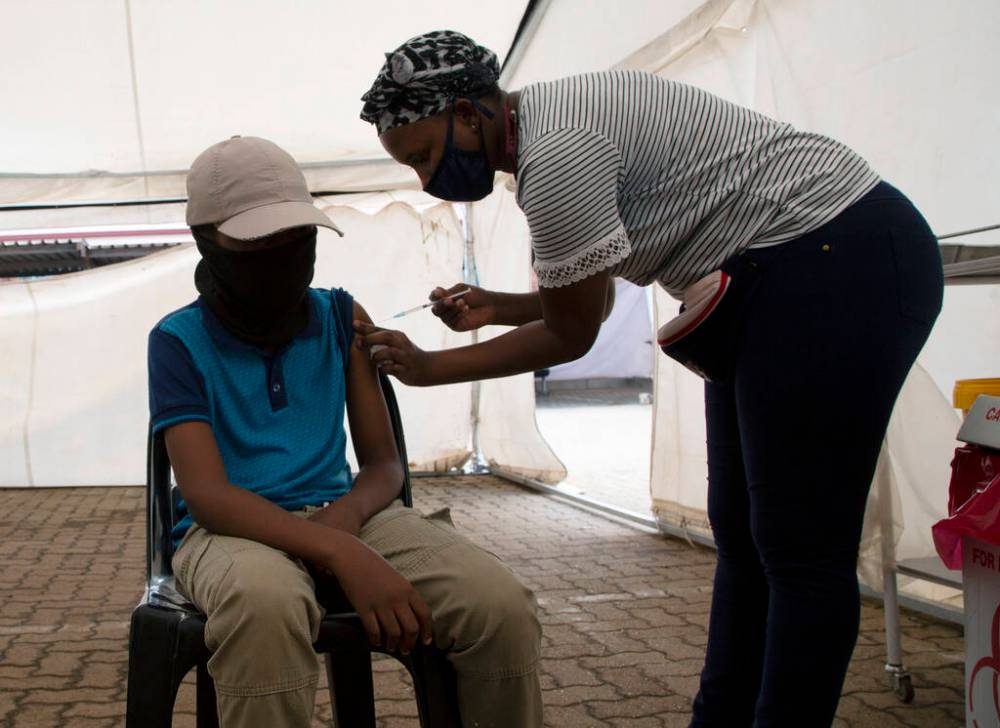
Once a person is infected with the virus, it takes a week or two for them to notice symptoms, seek help, get tested and learn test results. That’s plenty of time for them to infect others, who have plenty of time to travel around the world.
By the time lab technicians examine the genetic material in the virus and recognize a new highly transmissible variant, the variant has already spread far and wide. Banning flights from the region at that point gives the appearance of energetic action, but it’s nearly pointless. The barn door closes with a satisfying thud, but the horse is long gone.
Banning flights from the region at that point gives the appearance of energetic action, but it’s nearly pointless. The barn door closes with a satisfying thud, but the horse is long gone.
Both the Delta and Omicron variants were first noticed in countries where few people have been vaccinated against COVID-19. About one per cent of people in India were fully vaccinated in April. About 24 per cent of people in South Africa are fully vaccinated now, as compared to 76 per cent in Canada.
Canadians would be better protected if those huge pools of unvaccinated people were reduced. A strategy to protect Canadians would start by identifying the countries most in need of more vaccination and the people within those countries most susceptible to infection.
Canada, with other member countries of the WHO, should identify the countries with huge numbers of unvaccinated people that could be in a position, with a little outside help, to vaccinate most of their people quickly. Canada should meanwhile be figuring out what help it can most efficiently offer to support immunization campaigns.
This will be a longer and more difficult road than banning airline flights from selected countries. It will not produce that gratifying sound of a door being slammed shut. It might, however, produce the results Canadians need.
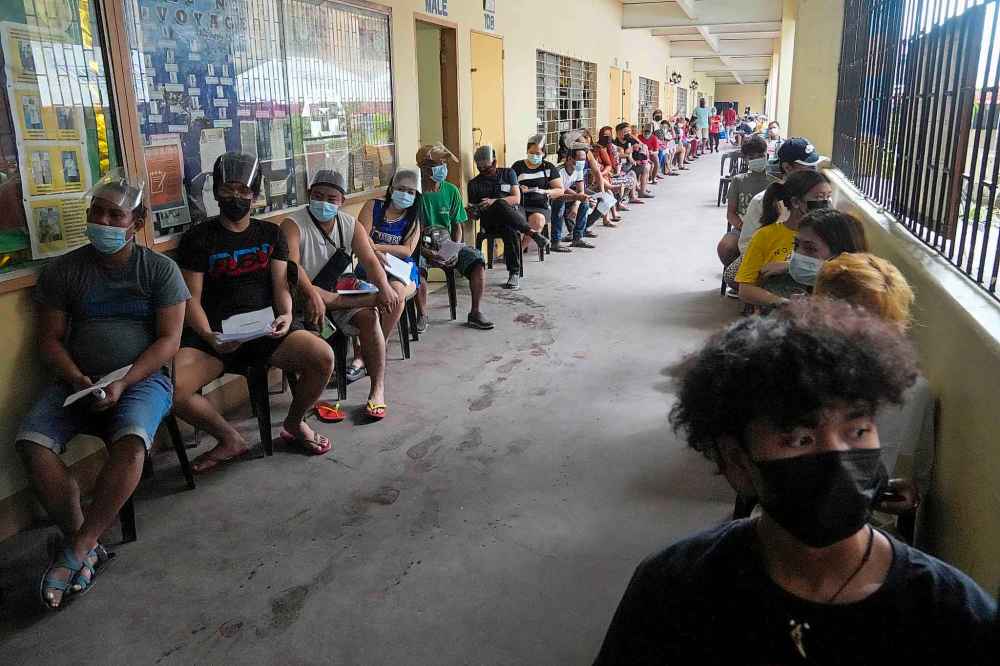
As long as these variants keep arising and spreading, some of them more transmissible than the ones we have learned to deal with, Canadians will be at the mercy of mysterious molecular processes unfolding half a world away.
As long as these variants keep arising and spreading, some of them more transmissible than the ones we have learned to deal with, Canadians will be at the mercy of mysterious molecular processes unfolding half a world away.
Omicron may or may not be such a quick spreader that it will soon replace Delta as the dominant strain around the world. It has already shown, however, that it spreads too fast for the medical authorities to keep ahead of it.
South African authorities are complaining that their country is being punished with travel bans because they were the first to tell the world about Omicron. Their experience could warn other countries to keep quiet as long as possible if they find a new variant turning up in their COVID-19 patients.
Canada should either lift its selective travel bans because they are ineffective or else shut its borders entirely, as Israel and Japan have done. But most importantly, it should focus its international efforts on applying vaccines where they will do the most good.







